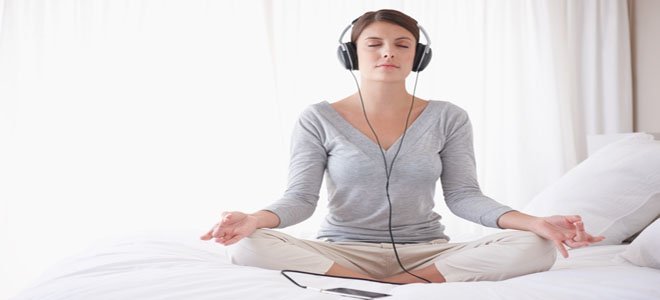Anxiolytics are the most frequent medications to treat problems of nervousness, anxiety and insomnia. Their use is very popular due to the stress produced by today’s pace of life, but few people are aware of the risks they pose to health. We remember the dangerous consequences of self-medication, so the use of anxiolytics must be done at all times under medical recommendation. Even so, the health risks presented by the continued use of anxiolytics is very great, and one of the biggest problems is that they produce dependency.
Why do we resort to anxiolytics?
A third of the Spanish adult population has needed anxiolytics to sleep at some point in their lives. The data comes from a study, the Phytotherapy Research Center, which investigates the sleep habits of Spaniards. The study approaches the causes of insomnia, increasingly frequent and the main reason why Spaniards resort to anxiolytics.
It seems that our way of life promotes the appearance of sleep disorders, especially insomnia, something that affects the quality of our sleep and, therefore, the rest we need. We all know how important a good night’s sleep is for good health. The use of the Internet is placed as one of the main culprits that prevent us from sleeping well, so it is recommended to disconnect, Smartphone included, about two hours before going to sleep.
What this study also reveals are the most immediate consequences of the consumption of anxiolytics as a measure against insomnia. And it is that the side effects of these medications are many and can favor work and traffic accidents, as well as prevent concentration during the day. In addition, anxiolytics present a very high risk of dependency, which makes medical supervision necessary at all times.
Alternatives to anxiolytics
We must not forget that although anxiolytics help us fall asleep, they do not provide us with an adequate quality of sleep, so if it is not a chronic sleep disorder, it is better to opt for other more natural alternatives such as those that we offers phytotherapy. It must be borne in mind that many times, a simple change in sleep habits would be enough to improve our insomnia problem, such as a diet aimed at combating it, more regular hours or physical exercise before going to sleep.
In nature we also find plants that help us sleep well without having to face the risks of anxiolytics, such as California poppy, passionflower or valerian. Three plants that reduce anxiety and nervousness and that act directly improving the quality of sleep, thus providing us with the rest that our body needs to face the day to day.


